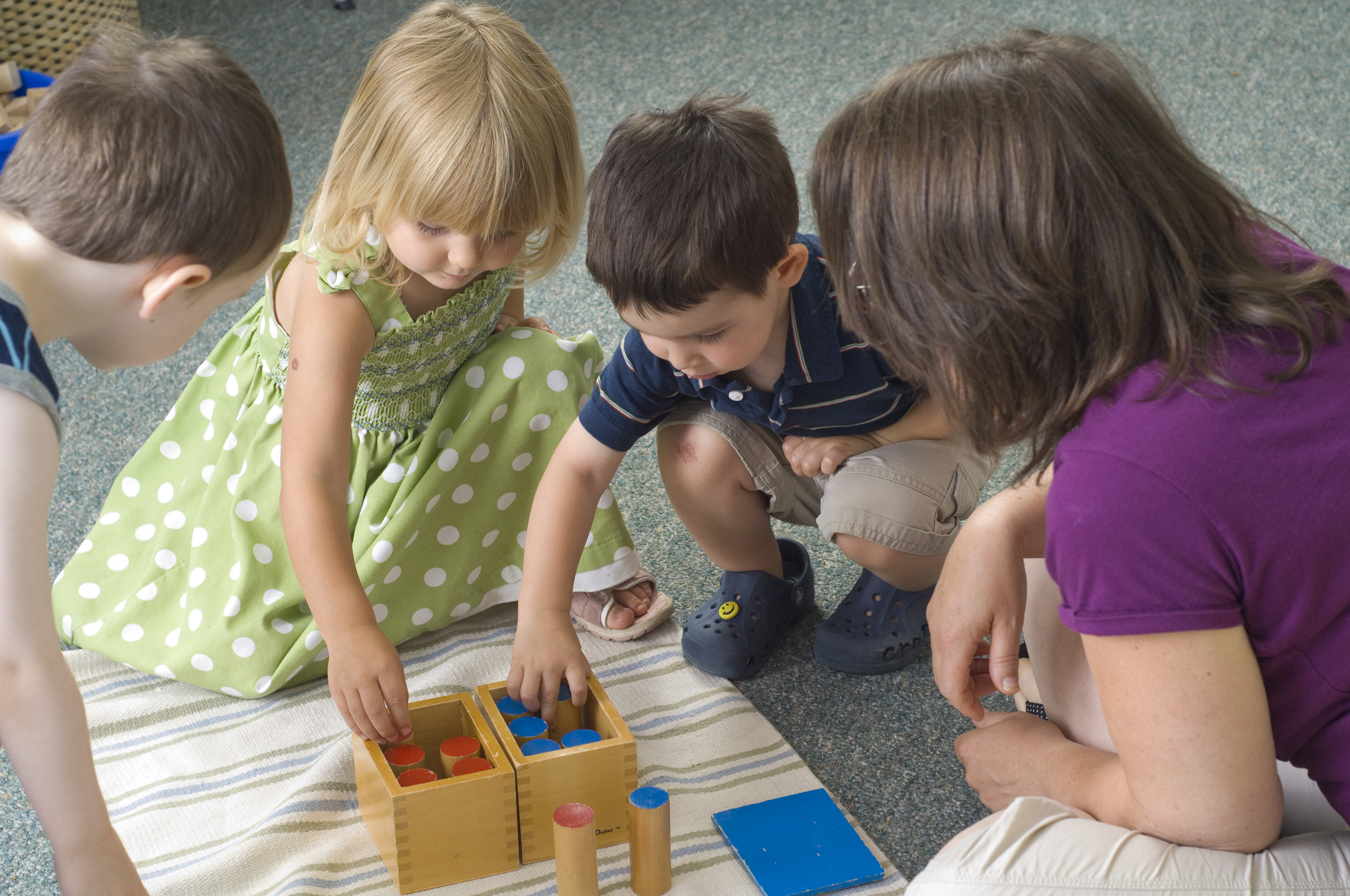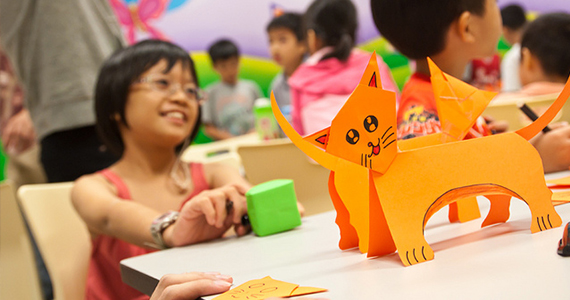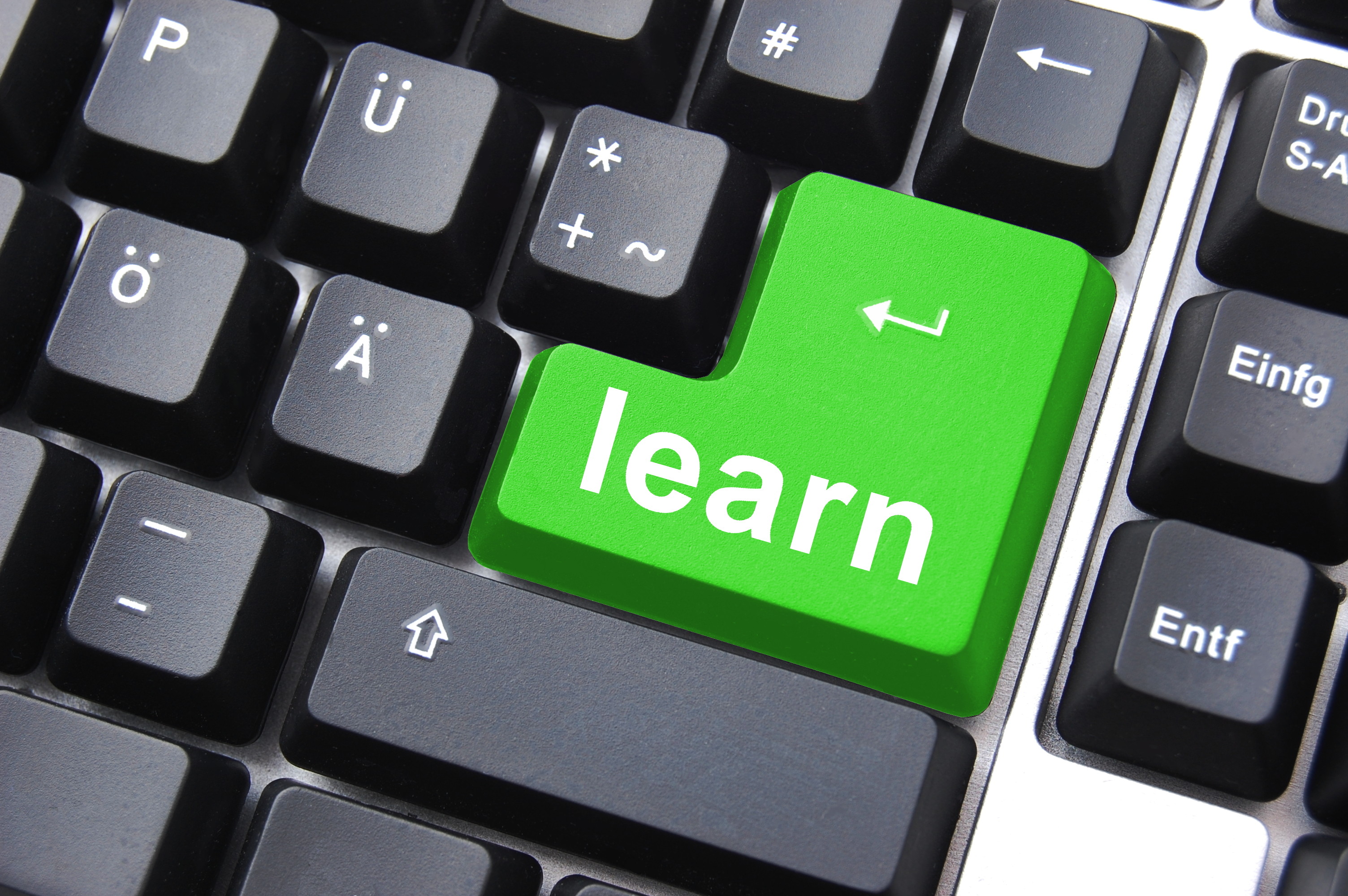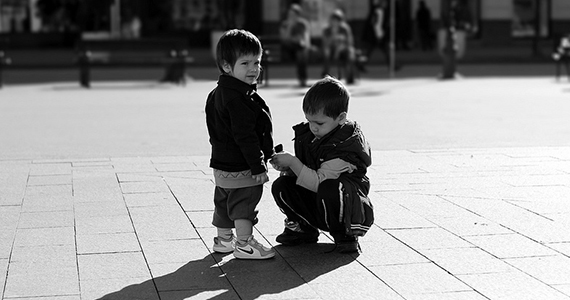Services
Establishing Interactions currently services the greater St. Louis Metropolitan area.

Clinical Visit/Client Observation
A client observation can be carried out at the child’s home, school, or both, depending upon parent concerns and priorities. Each visit is a clinical hour and runs approximately 50-55 minutes, or for a 2-hour visit, 1 hour 45 minutes, etc. Some of the skills that can be observed during an appointment are: Self-regulation skills, focus and attention in small or large group environments, language skills, social skills, emotional regulation, academic participation/learning skills, and classroom participation.
Authorships and Reading Intervention
Dr. Abernathy created the Early Readers™ book series to bring a developmentally sequenced approach to the advancement of reading in children. This series is intended for pre-k, kindergarten, and beginning-level readers. In this series, the books are designed to provide a gradual shift in support and difficulty. This design is engineered by introducing then reducing repetitive text structures, introducing then minimizing cues within the text, and presenting progressively more challenging illustrations. The difficulty level rises as the books incorporate slightly more challenging pre-K sight words, Kindergarten sight words, and phonic words. Every book in the series produces an incremental progression in reader skills with a combination of sight words and easy phonic words. Early Readers™ books have helped many children build a strong foundation for learning while encouraging them to become confident readers!


Educational Consultation and IEP Preparation and Attendance
Dr. Abernathy has experience observing clients at many schools, both public and private, in the St. Louis area and across the U.S. School observations can help pinpoint the differences between environments that may be the cause of behavioral or learning differences between environments (i.e., behavioral difficulties at school but not at home or vice versa). In addition, school observations can be helpful when assessing social skills, level of classroom participation, and attending or focus difficulties. Assisting parents in the writing and development of IEPs (as well as attending IEPs) is another area of service.
Functional Behavior Assessment (FBA) and Behavior/Social-Emotional Support Plan
A functional behavior assessment (FBA) is an assessment that allows for the determination of the function or functions of challenging behaviors. This assessment is used to discover the functions that are maintaining the behavior and for the development of a behavior support plan that will treat the behaviors according to their function. Treating a behavior by its function is a much more precise and effective form of behavior management than applying general behavior management techniques to behaviors. Behavior can be learned just like any other skill, and children can learn to transform negative, aggressive, and oppositional behaviors into positive and prosocial behavior!
An FBA is conducted because behaviors often appear different (behavior topography) than their primary maintaining factors (behavior function). An FBA can generally be conducted within 3 2-hour visits for mild to moderate behavior challenges that are more newly occurring (versus occurring for many years, although she also offers ongoing services for this population). After the function or functions of the behavior are determined, a set of individualized recommendations is developed and parents (and/or teachers, aides, or other family members depending on your needs) are taught to implement individualized and specific strategies for their child. The behavior support plan will be focused on how to redirect the behavior successfully, on the development of a set of functional new appropriate alternative behaviors, and on the incorporation of reinforcement for the selected alternatives.

School Support Services
Sometimes following a functional behavior assessment and behavior support plan, educators are also looking for some ongoing behavioral support. Dr. Abernathy provides direct service to help train educators and classroom aides and provides a combination of direct support and coaching to help transform behavior. This support can be weekly, bi-monthly, or monthly and also involves data collection and data analysis to ensure continued improvement. Dr. Abernathy also provides training and support for classroom assistants as needed for clients needing more intensive classroom help. The therapist assistant works within the unique culture and requirements of the school and classroom, providing behavior and/or language support to the child and the classroom teacher in the service of the child. Each educational assistant is supervised by Dr. Abernathy personally once every 2-4 weeks.

Direct Therapy Services
Dr. Abernathy also does direct therapy with children and/or families in sessions with a behavioral and cognitive-behavioral focus. This therapy can be done in office, home, or online settings, or any combination of these. Some areas that can be worked on include but are not limited to: sleep issues, food tolerance and selectivity, toilet training, behavioral flexibility, executive functioning skills, anxiety management, improving self-regulation skills, OCD interventions, emotional development and increasing emotional regulation, managing and decreasing meltdowns or outbursts, reducing oppositional behavior, developing or improving tolerance for medical procedures such as blood draws, and improving family communication.

Applied Verbal Behavior/Applied Behavior Analysis Intensive Program
In this program, Dr. Abernathy conducts a developmental assessment and then develops a unique program based around your child’s specific needs. After the program is developed, she trains a therapist assistant to implement it, and personally supervises the program once to twice monthly. Children in the intensive program receive 4-25 hours per week of therapy at their home.
Applied Verbal Behavior is Dr. Abernathy’s specialty in practice, which is in itself a subspecialty in Applied Behavior Analysis, that focuses on the integration of language skills as an integral part of every learning objective in each child’s program. Dr. Abernathy specializes in teaching initial language skills to children who are nonverbal or minimally verbal as well as in furthering initial language progress when a child seems stuck or at a plateau, even after attempts in other speech/language therapy, behavior plans, and ABA programs. There is currently a waitlist for the intensive program.



Social Skills Groups
There are currently four social skills groups running for the 2025-26 semesters: Girl’s Club, Boy’s Club, Middle School Meetings, and Surviving High School. There are a minimum of 5 students and a maximum of 9 students for each group; attendance fluctuates every 6-week period but is typically within these boundaries. Parent conferences are held 2 times per year during the group to work on child goals, parent carry-over, and address parent priorities for their child. All clients in all groups are at the conversational verbal level; each child is able to ask questions, answer questions, make comments, offer suggestions, and has the self-regulation abilities to demonstrate calm behavior and self-regulation throughout the entire group. Each child varies slightly in their verbal abilities, personal challenges, and their abilities to attend to and execute multi-step small and large group instruction. Social skills groups are currently full and are waitlist only.